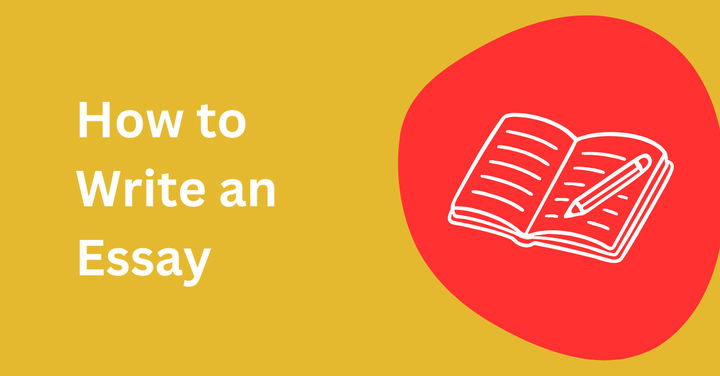Ways to Embrace Imperfection in Your Writing

AI Writing Tip: Humans can embrace imperfection and vulnerability. AI writing doesn’t have that capability. To sound more human in your writing, be “imperfect.” Embrace a distinctive, relatable voice.
After an AI is prompted, it outputs meticulously polished and perfectly organized language. That’s because AI algorithms adhere to rote grammatical norms and stylistic conventions. Perhaps with a bit of creative prompting, you can get AI to mimic a certain tone of voice or a more creative personality. But that type of flair will never come naturally to AI. It’s borrowed from humans.
AI algorithms are designed to minimize errors and maximize clarity. As a tradeoff, it will spit out prose that feels overly formal and even mechanical. There’s often an “uncanny valley” - that unsettling feeling you get when androids or AI outputs resemble humans in many respects, but aren’t quite 100% realistic. AI writing lacks the "messiness" and spontaneity that human writing can have. Digressions? Idiomatic expressions? Grammatical inconsistencies? AI isn’t trained for any of them.
To differentiate human writing from AI and avoid sounding too "perfect," inject imperfect, personality-driven elements into your work. That might mean using colloquial language or embracing stream-of-consciousness elements. Try breaking from conventional grammar where it feels appropriate. Share personal anecdotes that add layers of depth AI can’t authentically replicate. Trade perfection for warmth and relatability. That’s how you separate your work from the impeccably sterile output of AI.


